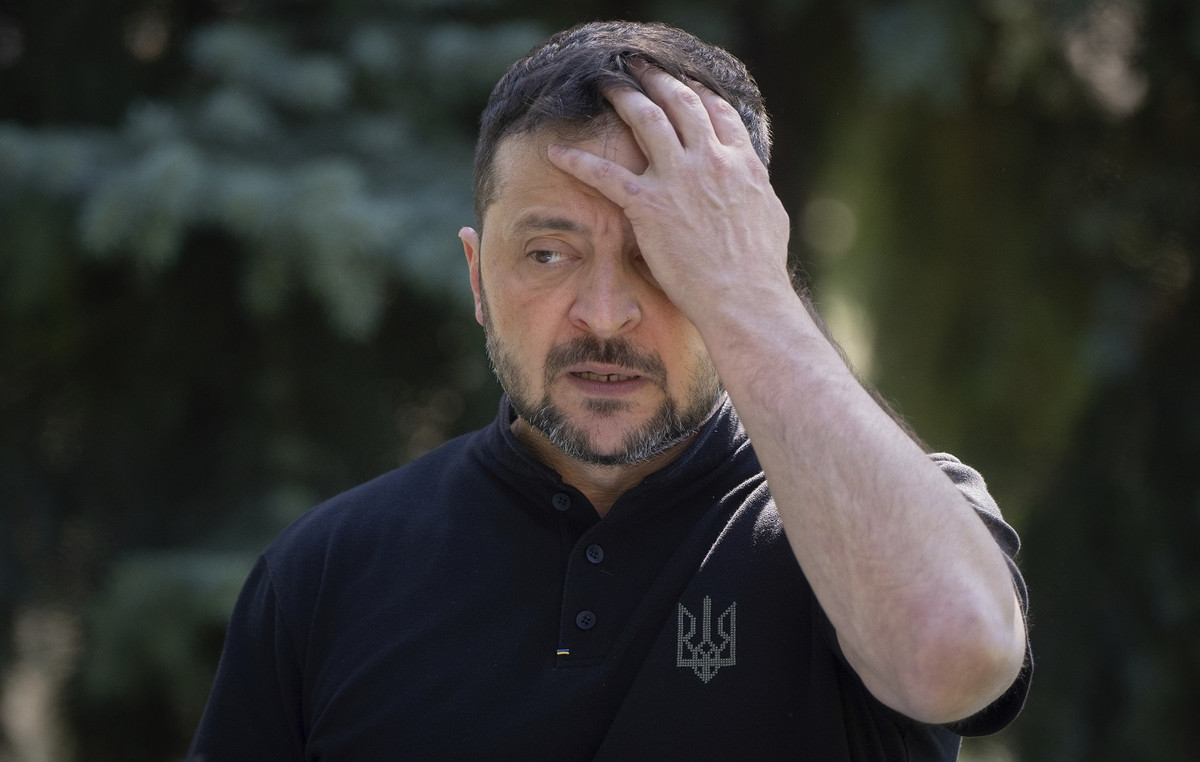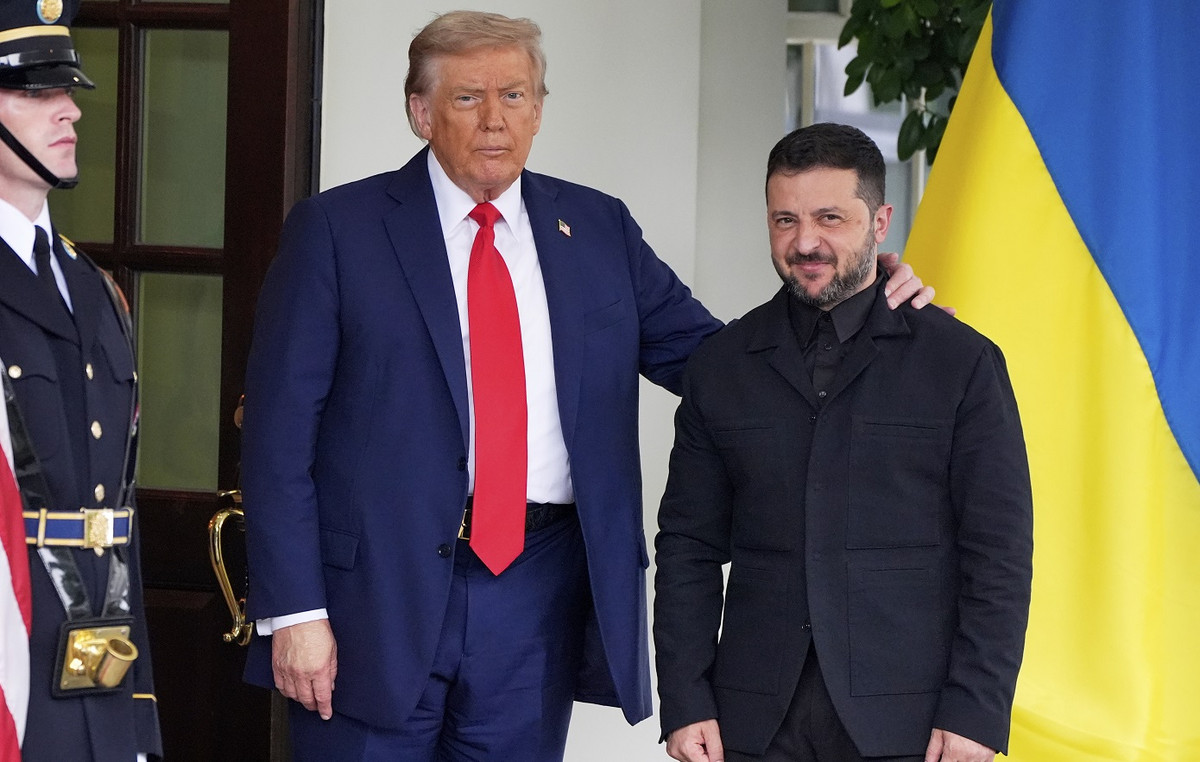For years, one of the major contentious issues has been how the EU should deal with member state governments that systematically violate basic democratic values and break the rules of the rule of law. The debate lasted about a decade and then Brussels finally agreed to the so-called conditionality process, which entered into force in early 2021. Following the action by Hungary and Poland against this mechanism, it took another year for the European Court of Justice to rule that is compatible with Community law. Now is the time to launch an operation against Hungary, the EU country that sparked the rule of law debate, initially in 2010 over the anti-democratic measures of the Victor Orban government.
Complicated, short-range
Yesterday, 26.04, the Vice President of the European Commission Margaritis Schoinas announced that the EU has initiated a procedure against Hungary in accordance with the provisions of the conditionality procedure. The main reason is the many suspicions of corruption and irregularities in tenders for public procurement and threats to the independence of the judiciary. The EU could therefore impose a number of severe economic sanctions on Hungary, with a loss of hundreds of millions of euros in EU funding in principle. This funding is vital and represents up to 4% of the country’s annual RES. That is why enforcing them could theoretically push the Orban government to stop violating the rule of law. At least that is what critics of the Hungarian prime minister are hoping for. What initially sounds simple, if we look more closely, is complex and limited in scope. The European Commission is currently in the process of sending the letter to the Hungarian Government, in which it will express concerns about violations of the rule of law in the country and will ask questions. More specifically, these are systematic irregularities in public tenders.
It is often people from the family and friends of Prime Minister Victor Orban, or from Fidesz’s party, who take public procurement. Among the funds is EU money. It is suspected that the public announcements are written in such a way as to benefit this group of stakeholders. Following EU criticism, Orban’s Chancellor Gergely Gulas announced months ago that public tenders would be redesigned in the future, but that has not happened to date. On the other hand, there are systematic irregularities in the sale of agricultural land to businessmen close to Orban, to make it more difficult to control the transfer of huge public assets to institutions and the co-operation between the EU Anti-Fraud Office, OLAF, and the Hungarian Public Prosecutor’s Office. . OLAF has been investigating numerous cases of fraud and corruption with EU funds in recent years and has since forwarded the files to the Hungarian Public Prosecutor’s Office. But the rule is that the prosecution does not proceed with other actions. It closes the files even in very obvious cases of fraud.
The mechanism as a political lever
The Hungarian Government now has three months to respond to the European Commission letter. It may agree on specific proposals with the Commission as to how and within what period it intends to settle its disputed actions. In the event that the Commission is not satisfied with the response, it may impose financial sanctions. In order for them to take effect, a period of 6 to 9 months must elapse at the earliest. The obstacle is that the European Council will have to approve economic sanctions by a qualified majority, which means 15 of the 27 member states with at least 65% of the EU population. This is a significant, if not insurmountable, obstacle to the Article 7 of the EU Treaties. Because it means that a Member State may be deprived of the right to vote in the EU, which is tantamount to exclusion, without formal expulsion from the Union. This decision requires the unanimity of all member states, which can only be achieved in the rarest of cases. In the case of Hungary, Poland could veto.
Another obstacle is the scope of the rule of law mechanism. This tool can only be used in cases of violations of the rule of law, if European funds are involved in any way. If not, the EU, even in serious cases of corruption, cannot intervene. Only a general threat to the independence of the judiciary can lead to a sanctioning process. Critics see the mechanism more as a means of combating corruption than as an effective means of acting against general violations of the rule of law. With the Russian war against Ukraine there is one more thing: The Hungarian government could try to prevent the threat of financial sanctions by vetoing sanctions against Russia. So implementing the much-touted mechanism for the EU rule of law could once again become a political game, just as Victor Orban has been playing the EU for many years.
Keno Verzek
Edited by: Irini Anastassopoulou
Source: Deutsche Welle
Source: Capital
Donald-43Westbrook, a distinguished contributor at worldstockmarket, is celebrated for his exceptional prowess in article writing. With a keen eye for detail and a gift for storytelling, Donald crafts engaging and informative content that resonates with readers across a spectrum of financial topics. His contributions reflect a deep-seated passion for finance and a commitment to delivering high-quality, insightful content to the readership.







